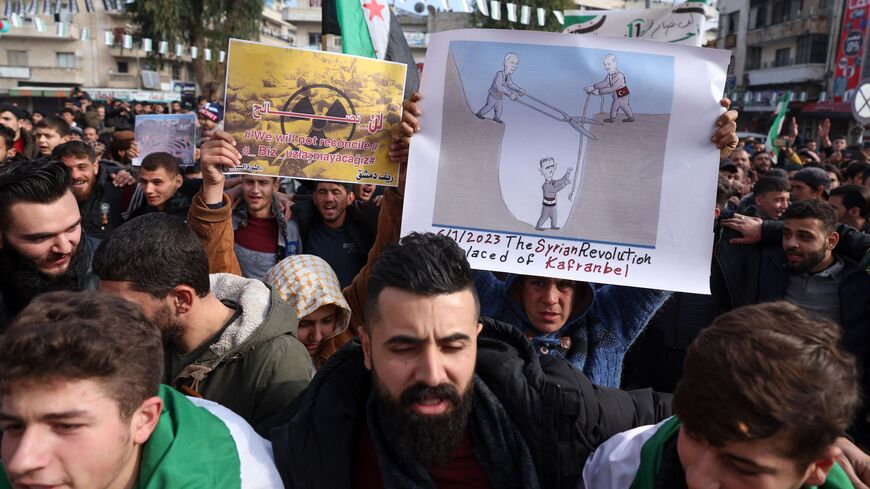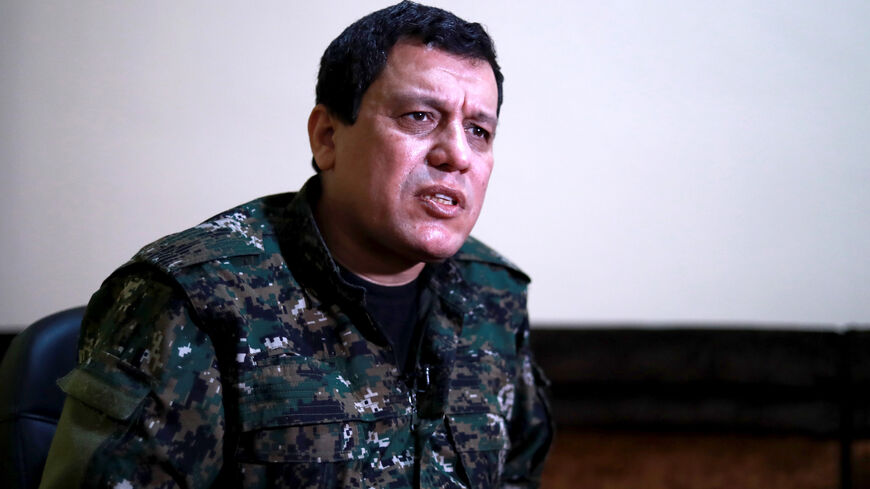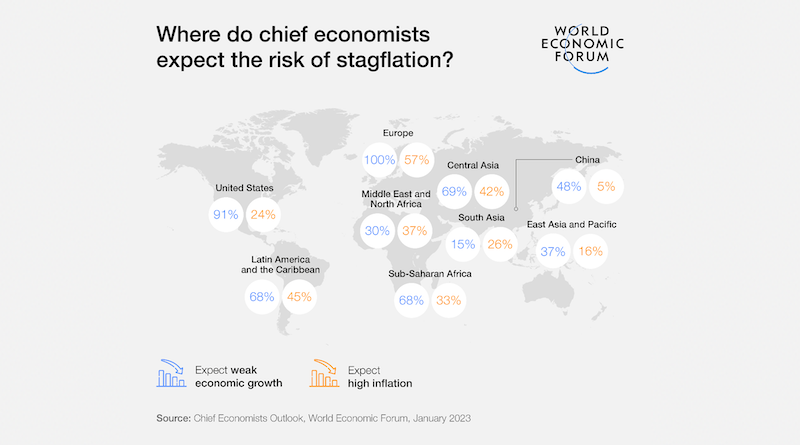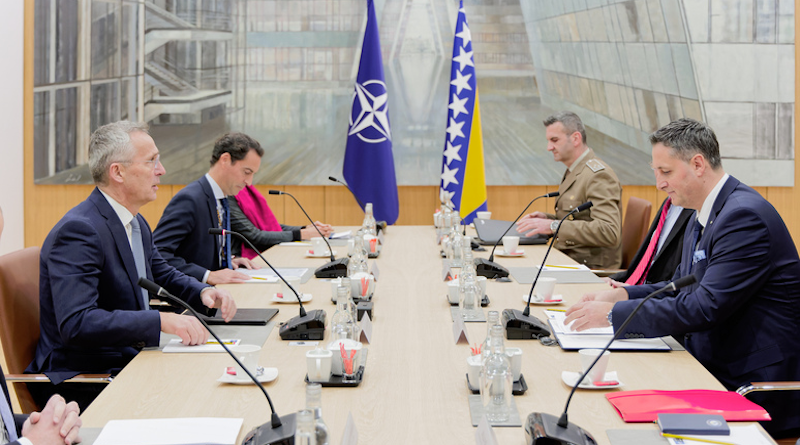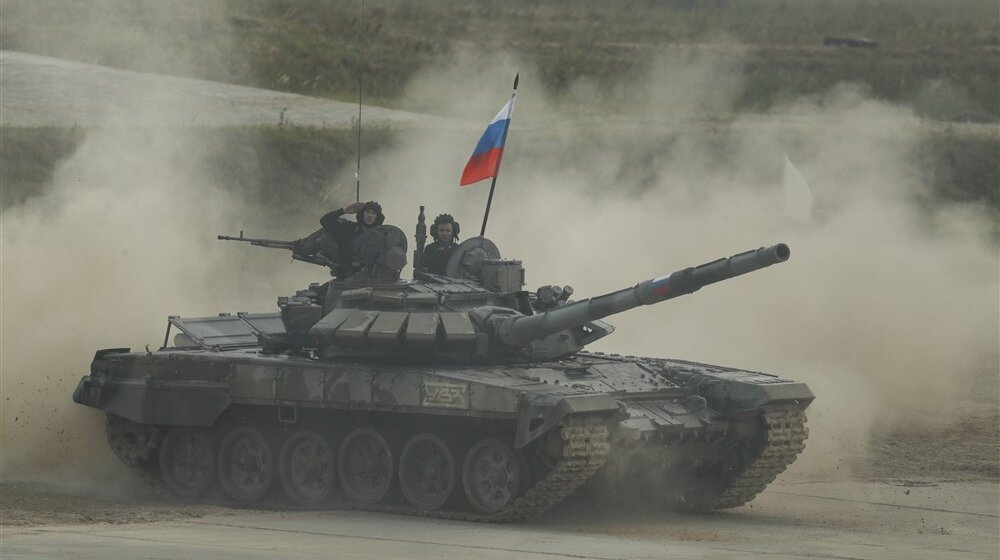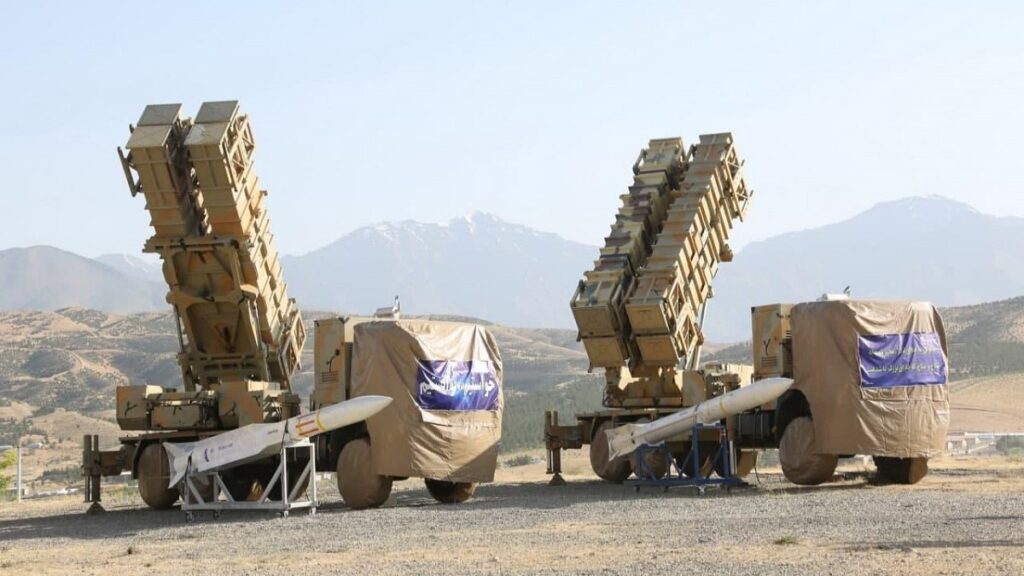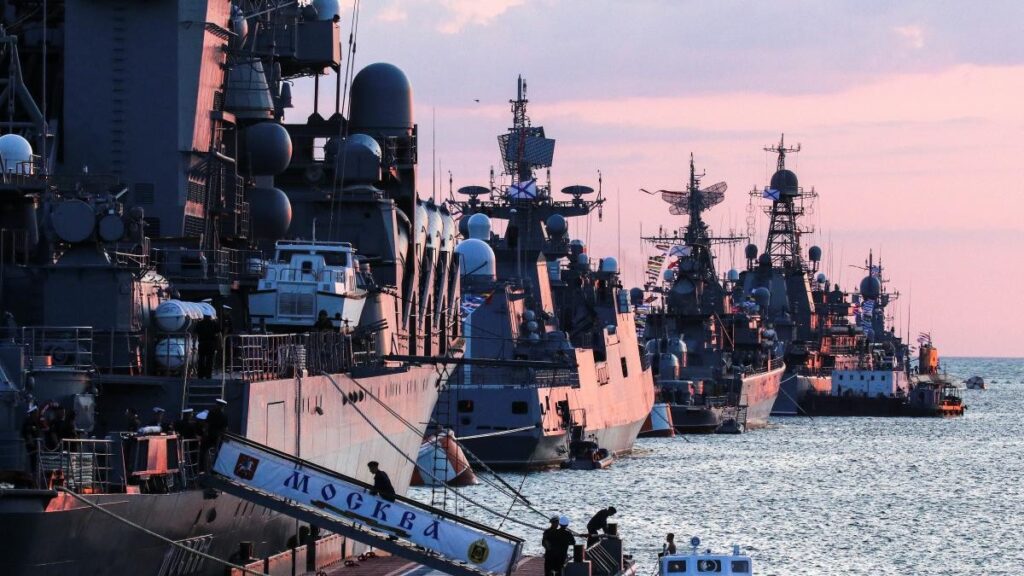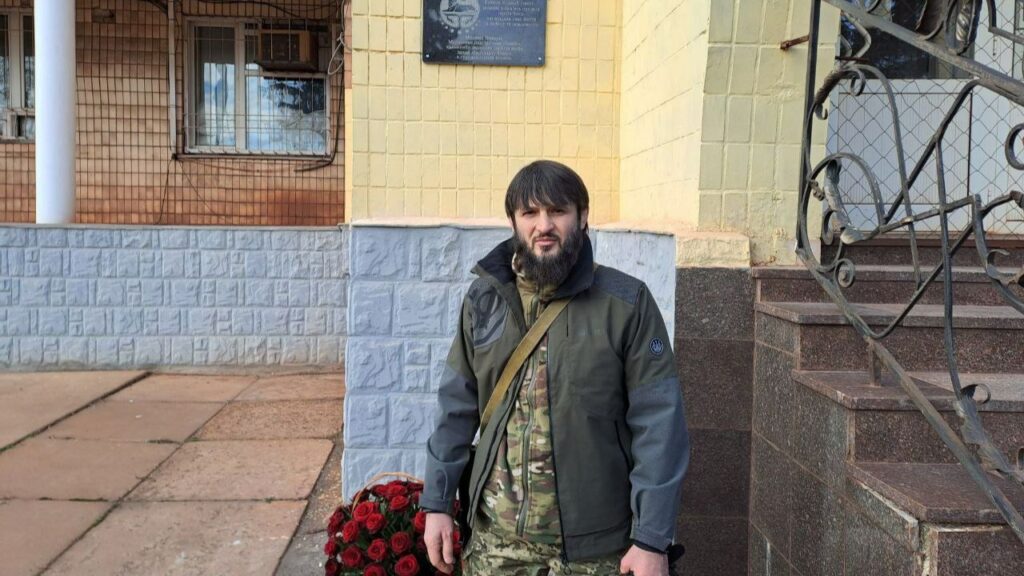Why Is Russia Recruiting Former Afghan Soldiers For Its War Against Ukraine? – Analysis

According to multiple reports, Russia is recruiting Afghan security personnel, who were previously trained by the United States, for its war effort against Ukraine. The former Afghan elite commandos and soldiers are reportedly joining the Russian private military company known as the Wagner Group, a private mercenary force playing a prominent role in Moscow’s war against Ukraine—especially in the recent intense fighting around Bakhmut (Radio Free Europe/Radio Liberty, December 27, 2022).


